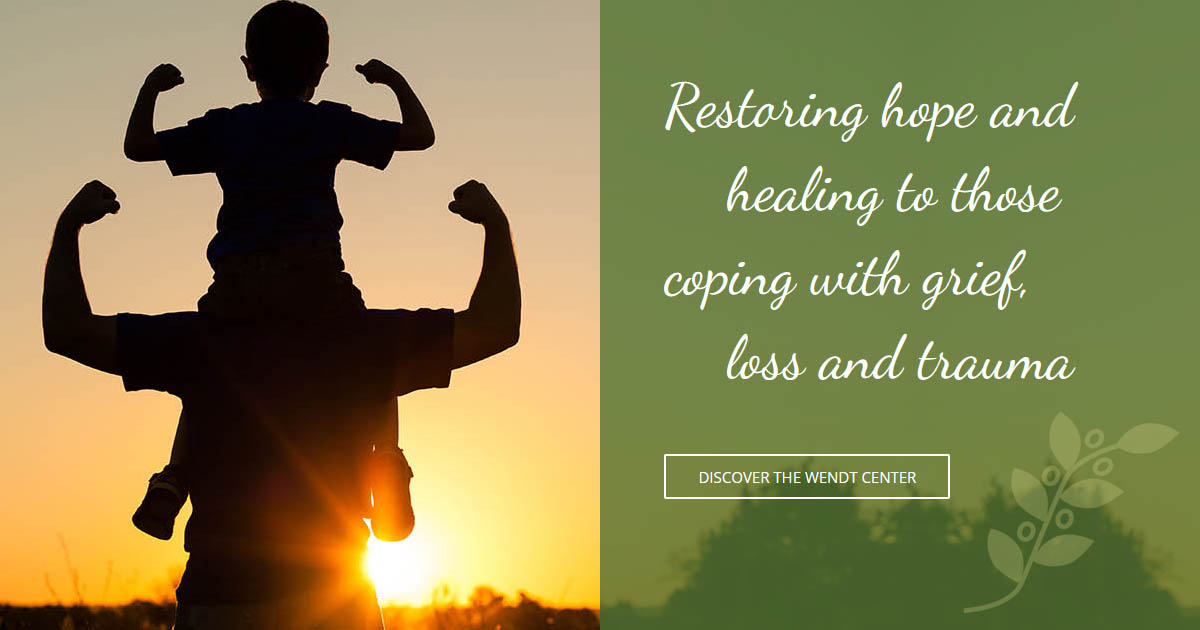
MacFarland Wellness November News
Empowering Minds, Energizing Bodies, Enriching Lives.
The MMS Wellness Team's Commitment 💡
MISSION
Our mission is to enhance students' well-being by offering proactive support and resources, fostering resilience, and promoting a culture of respect and care. We aim to engage students, families, and staff in creating a positive environment where every student feels valued and empowered.
VISION
To cultivate a school community where every middle school student thrives through balanced mental, emotional, and physical wellness, creating a foundation for lifelong success and well-being.
📌 THIS MONTH'S WELLNESS DISCUSSION 📌
November: Gratitude and Kindness – Encourage practices of thankfulness and acts of kindness within the school community.
Recognizing the role of intentional adults to foster a positive school environment to enhance mental well-being and mindfulness practices with our scholars.
📄 Here's What the Wellness Team is Doing This Month!
- Spreading kindness, gratitude, and joy!
- Identifying those who need more family supports during the upcoming holiday seasons
- Reaching out to parents via email to inform of Grief & Loss supports
- Increasing our Staff workshop participation and sharing classroom resources
- Encouraging students to refer themselves for wellness supports using referral link
- Reaching out to parents to inform about upcoming Grief & Loss student supports
- Coordination for a Gay, Straight, Alliance (GSA) representors
- Our Minds Matter Wellness Student Leadership Club scheduled 2x/monthly
- First Sessions was a great success with Pizza and Getting to know each other
-
SPARCS group [Structure Psychotherapy for Adolescents Responding to Chronic Stress]
- A safe space for students to discuss how their experiences impact current functioning to increase effective coping skills with the focus on regulating emotions, behaviors, and impulses.
- Promoting Social Emotional Learning (SEL) competencies:
- *Self-Awareness
- *Self-Management
- *Responsible Decision Making
- *Social Awareness
- *Relationship Skills
Letter to Caregivers and Educators
Impact of Internalizing Emotions
It is necessary to take a moment to discuss a topic that many of us face as our young teens navigate the complexities of growing up: the internalization of emotions.
As teens experience various feelings—from stress and anxiety to sadness and frustration—they often feel the need to keep their emotions hidden. This internalization can lead to challenges in mental health and hinder their ability to communicate effectively. It’s crucial for us as caregivers and educators to recognize these signs and provide the right support.
Understanding Internalization
Teens may internalize emotions for various reasons: fear of judgment, a desire to appear strong, or simply not knowing how to express what they feel. This can manifest as withdrawal, changes in behavior, or even physical symptoms like headaches or stomachaches. Recognizing these signs is the first step in helping them.
How to Support Your Scholar
1. Create a Safe Space: Encourage open dialogue by fostering an environment where your teen feels safe to express themselves without fear of judgment. Regular check-ins, even casual ones, can make a big difference.
2. Listen Actively: When your teen shares their feelings, listen without interrupting. Validate their emotions, letting them know it’s okay to feel what they’re feeling.
3. Model Emotional Expression: Share your own feelings and coping strategies. By demonstrating how to express emotions, you can encourage them to do the same.
4. Encourage Healthy Outlets: Help them find ways to express their emotions constructively, whether through journaling, art, sports, or talking with friends.
5. Seek Professional Help if Needed: If you notice signs of distress that persist, don’t hesitate to reach out to a counselor, therapist, or social worker. Professional support can be invaluable.
6. Stay Involved: Be aware of changes in their routine, friendships, or interests. Staying engaged can help you identify when they might need extra support.
As our teens face various pressures, it’s essential for us to be their allies in navigating their emotional landscape. By fostering open communication and understanding, we can help them develop resilience and emotional intelligence.
Thank you for taking the time to consider these insights. Together, we can create a supportive environment that empowers our teens to express themselves and thrive.
Warm regards,
MacFarland Wellness Team
THE 5 LOVE LANGUAGES
Your love language develops as a child and determines how you express love and the type of love you require. When you understand your love language, you can better communicate what it is that you need to feel love, appreciation, and stability. And in return, understanding someone else’s love language can help you promote their self-esteem and provide a healthy foundation of security and support.
Understanding and speaking a child's love language can be important for their development because it can help them feel loved, secure, and understood. This can help them develop a strong sense of self-worth, resilience, and confidence, which can last throughout their lives.
- Physical touch: This person feels most loved through physical touch.
- Words of affirmation: This person feels most loved through compliments and encouragement.
- Quality time: This person feels most loved through undivided attention.
- Gifts: This person feels most loved through receiving gifts.
- Acts of service: This person feels most loved through actions.
WELLNESS MONTHLY THEME
NOVEMBER: National Family Caregivers Month
Ways to Show Kindness
Kindness is contagious and it has the potential to make the world a better place. Practicing kindness may also have many health benefits. When we show kindness, we are healing others and ourselves at the same time.
Here are some ways you can show kindness:
- Hold the door: A polite gesture that makes it easier for people behind you.
- Smile: A universal sign of happiness and goodwill that can make you and others feel better.
- Say thank you: A simple but powerful way to show gratitude.
- Listen actively: Show interest and engagement in the person you are speaking to.
- Give a care package: Bring someone a gift you know they'll love to show they are valued.
- Encourage someone: When a friend or family member is uncertain or unmotivated, offer encouragement.
- Help someone out: Offer to help clean up, run an errand, or bring someone dinner.
- Pick up litter: Pick up litter you see thrown about, even if it's not yours.
- Meditate on loving kindness: Meditate on the idea that you want everyone to be happy, healthy, peaceful, and free from suffering.
- Pause before you speak: Choose words with positive intention.
Ms. Kent will host students will write 'I'm thankful' cards that will be displayed around the school hallway on November 6th, during Wellness Wednesday lunch!
What Is Your Parenting Style, and Why Does It Matter?
"Academic success is a crucial aspect of a child’s development, and it often begins with parenting styles. The way parents interact, support, and discipline their children can significantly impact their educational journey.. Because behavior at home shapes the way children operate in the classroom."
WELLNESS WISDOM... >> download PDF >>>
Wellness Wednesday's Workshop
Wellness Wisdom
Presented by Ms. Raifsnider
TEACHER WORKSHOP & RESOURCES 📰
LUNCH & LEARN SERIES
Wednesday, Nov 13, 2024, 12:00 PM
Teacher's Lounge
RSVPs are enabled for this event.
Contact the Wellness Team 👇🏽
Grade Level Counselors
1. Ms. Castro
8th grade counselor & 7th grade [A-K]
2. Ms. Sargent
6th grade counselor & 7th grade [L-Z]
Social Workers
1. Ms. Raphael, LICSW
202-578-8394 (Work Cell)
2. Ms. Raifsnider, LICSW
Jennifer.Raifsnider@k12.dc.gov3. Danielle Williams (SW Intern)
Psychologist
Ms. Kent, Ed.S.
Role is to improve academic achievement through collecting and interpreting student and classroom data, consulting about student and classroom behavior, and conducting psychological assessments.
School Community Partners
LAYC Promotores
-
1. Tierra Robinson
📞301-232-2891
2. Raul Archer
Website:
ONSE Leadership Academy (OLA) Program
richard.jarvis@dc.gov
2. Darryl Logan
3. Gladis De Leon
Website: Violence Intervention Initiative
Mary's Center School Based Therapist
-
Virginia Donovan, LGPC, NCC
School Based Mental Health Therapist
vdonovan@maryscenter.org
📞 202-983-3980 (Cell)
LAYC Afterschool Activities
Empowerment Group
Weekly Wellness Team Meetings
😊 For consultation supports, please contact Wellness Lead, Ms. Raphael. Wednesday Walk-Ins.
MacFarland Middle School
Principal Cooke's Email: lucas.cooke@k12.dc.gov
Location: 4400 Iowa Ave. NW, Washington, DC 20011
Phone: 202-671-6033
Website: https://www.macfarlandmsdc.org/





















